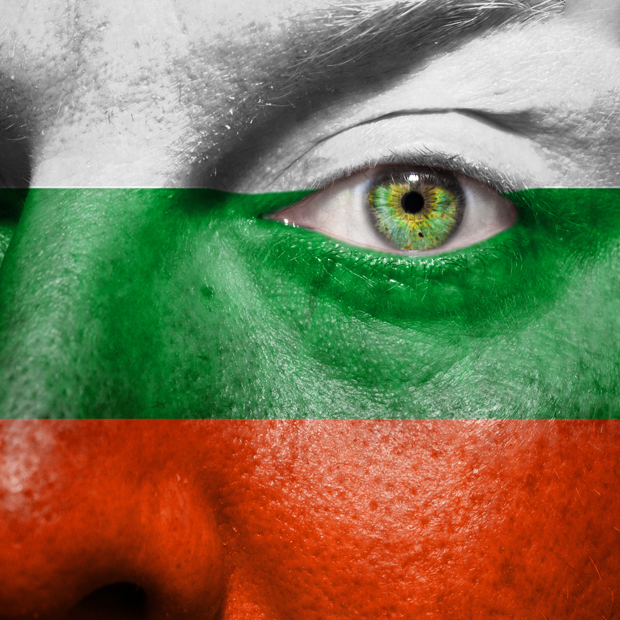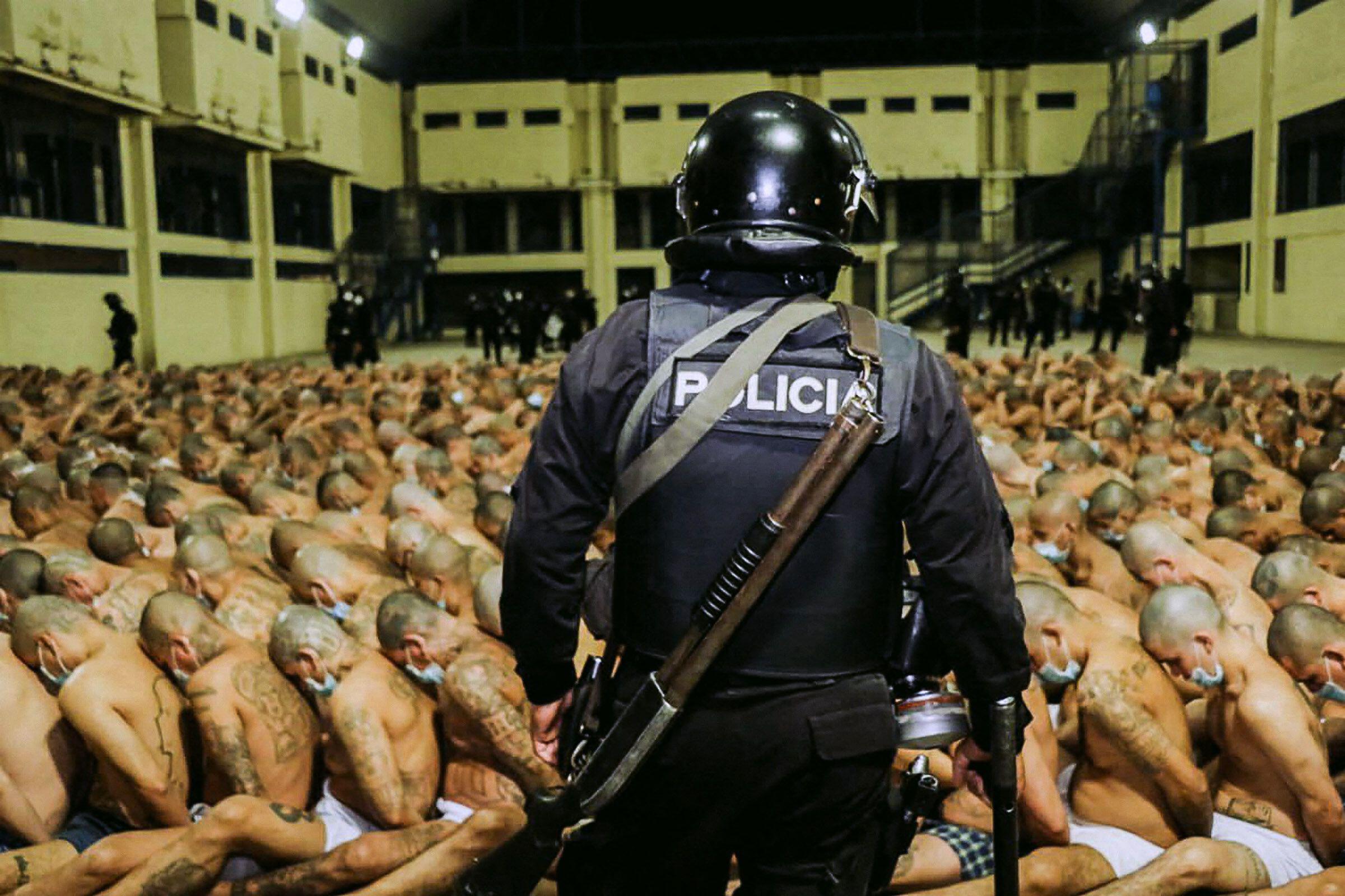
(Photo illustration: Shutterstock)
While the revelations around mass surveillance by the US and some European governments were reported by Bulgaria’s media, the country’s focus in recent months has been the fallout from the country’s elections.
After a polarising election in May, tens of thousands went out to protest against the new Bulgarian government and staged daily rallies for over nearly two months. As a result, the significance of the NSA revelations was not enough to elevate it above domestic political skirmishes.
The Snowden affair had all the ingredients for the media sensation other European countries experienced: a huge cover-up affirming most citizens’ suspicions about governments spying on them, a global chase through Hong Kong and Moscow (with possible sequels in Vienna, Havana and Caracas) and – most importantly – a local context.
Bulgarians, long sensitive about government surveillance after nearly five decades of totalitarianism, had an eavesdropping scandal of their own as recently as in April when a former interior minister was accused of wiretapping a host of political figures, businessmen and journalists. According to one opinion poll conducted in April, 73% of Bulgarians believed that their government had been practicing illegal wiretapping.
Thus, the interest for the Snowden affair among the Bulgarian public was a given. And the media promptly reacted, assigning it the expected prominence among their foreign affairs coverage, if not the front pages which the scandal got in Germany, the UK or France.
“Revelations about the NSA activities were covered in Bulgaria, but did not become a central topic for the media as they of coincided with the anti-government protests,” said Nelly Ognyanova, a leading Bulgarian media law expert and media analyst. ‘However, Bulgarian media paid special attention to the aspect of the EU – US relations in the light of the scandal,” she said.
Media in Bulgaria, which joined the European Union in 2007, covered the reaction in Brussels and in major European capitals and especially in Berlin where the topic was becoming a battleground in light of the German general elections in the fall. Bulgarian media also focused on the fact that the NSA scandal was threatening to derail the negotiations for a major free trade agreement between the EU and the US.
End mass surveillance! Sign the petition
EU leaders: Stop mass surveillance | Лидеры Евросоюза: прекратите массовую слежку! | Líderes europeos: Paren la vigilancia masiva | Dirigeants européens: Arrêtez la surveillance de masse! | Europas Staats-und Regierungschefs: Stoppen Sie die Massenüberwachung! | Liderzy Unii Europejskiej: zaprzestańcie masowej inwigilacji! | Лидери на ЕС: Cпрете масовото наблюдение
Since there are only a handful of Bulgarian foreign correspondents, local media mostly quoted international titles like The New York Times, the BBC, The Guardian and Der Spiegel. The Snowden revelations also did not have (obvious) Bulgarian links – when information emerged that the US was secretly wiretapping foreign embassies on American soil, the weekly “Capital” tried to contact the Bulgarian mission in Washington but was referred to the foreign ministry in Sofia which, in turn, had no comment on the case.
As for Snowden himself, Bulgarian media painted a mostly neutral portrait of the whistleblower.
“Bulgarian media were rather sticking to the facts without taking a judgmental position on Snowden, but without making him look like a hero as well,” said Ognyanova. “In Bulgaria there was no discussion like the one that took place in other countries about whether Snowden is a hero. Against the backdrop of the very important information that he revealed, however, the media treated him with a degree of sympathy for his civil courage.”
Given the anti-government protests and the heightened domestic political situation, the political and social media reaction to the Snowden affair appeared mostly muted. The Bulgarian social networks – an otherwise vibrant community of some 2.5 million people – was mostly preoccupied with the anti-government protests which, in fact, originated mostly on Facebook walls and Twitter profiles and later transferred to the streets of Sofia and other major cities.
One small political party, the Greens, issued a statement in July calling the revelations “a serious attack on civil rights and the foundations of democracy” and asking the Bulgarian government to offer asylum to Snowden.
“The Greens party expresses our gratitude to Edward Snowden for his courage and for his service to EU citizens,” the statement said.
According to Ognyanova, the media law expert, it is important to draw conclusions from the NSA affair.
“Either in the free trade pact or in another agreement, there must be a provision to protect the personal data and privacy of European citizens,” she said. “It is high time for the EU to have their own clouds and to not provide our information to companies under the jurisdiction of countries outside the European Union,” she said. “I expect this from my government and from the EU, being its citizen.”





